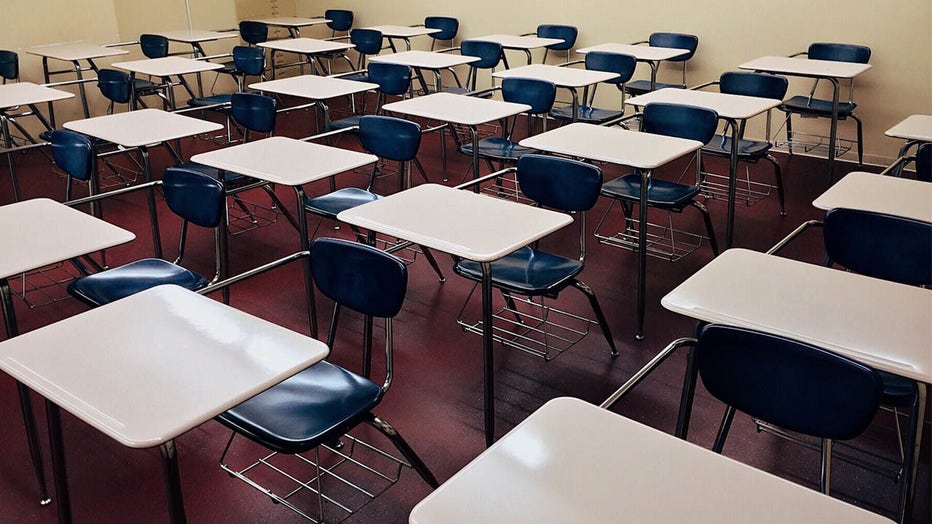Texas Teacher Shortage: Education advocates voice teachers' concerns in Austin

Texas Teacher Shortage: Education advocates voice teachers' concerns in Austin
The public hearing gave voice to a statewide dilemma: a major teacher shortage that has no clear remedy in sight.
AUSTIN, Texas - Trying to close the gap on teacher shortages in school districts across the state has been a challenge following the pandemic.
Advocates for educators testified in Austin on Tuesday, voicing the concerns of teachers in the state.
The public hearing gave voice to a statewide dilemma: a major teacher shortage that has no clear remedy in sight.
Tuesday’s testimony before the public education committee was, among other things, blunt.
People from several education think tanks provided testimony. A key factor from a survey was conveyed that 77% of Texas public school teachers have considered leaving the profession.

Politics and pandemic are driving Texas teachers to consider quitting, survey finds
"We heard a teacher saying they need respect, a realistic workload, a positive safe work environment and higher pay," said Jolisa Hoover with Raise Your Hand Texas.
Regarding recent hiring fairs with signing bonuses and on-the-spot hiring, some testified the root problem is such that districts cannot recruit their way out of the crisis.
"When teachers talk about solutions, pay and workloads are major factors in keeping them in the profession after talking about their students. Recently. the word teachers are using to talk about their work life is unsustainable," Hoover said. "They talk about unsustainable working conditions with unrealistic expectations and unsustainable salaries that have not kept pace with inflation or the responsibilities they shoulder."
The public hearing is drawing feedback from leaders of North Texas teacher unions.
More Education News
Renee Honea with Alliance AFT agrees with much of the testimony. She also believes the committee should hear from more than organizations — but from teachers themselves.
"Salaries are not meeting up with the cost of living, inflation in Dallas. I know that so many of our educators, they can’t live in the areas where they are working," she said. "Orr state has not met its responsibility in the funding that should be coming. As long as our state chooses to fund a dual educational system, which they are with our public traditional schools and the charter schools, the monies are divided. So it is because competition within the educational system which, in my opinion, should be collaborative."

